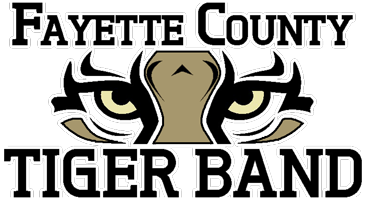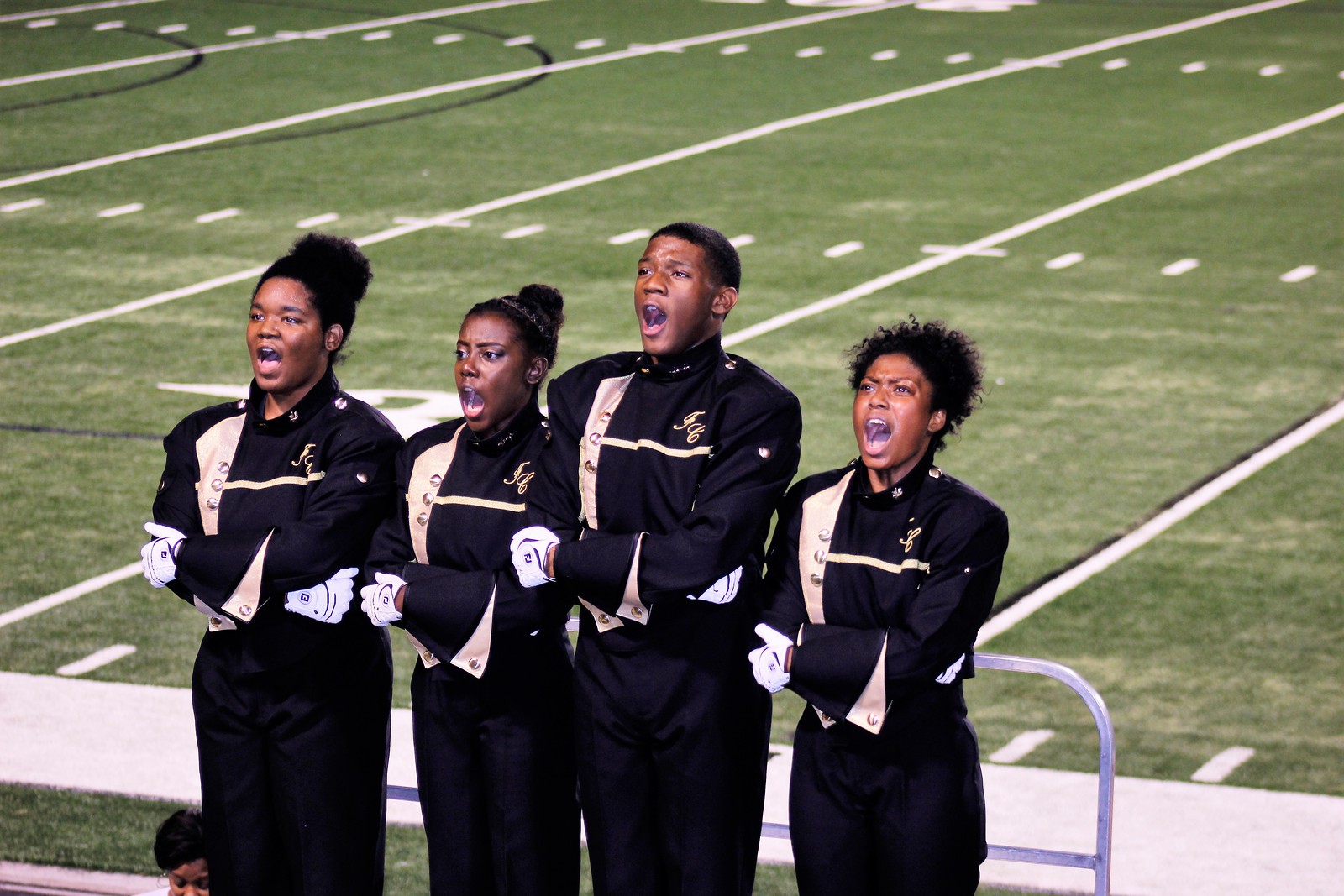They told me they did not, but came from a distant one. Surely, this is a new refinement in cruelty, which, while it has no advantage to atone for it, thus aggravates distress, and adds fresh horrors even to the wretchedness of slavery. Ask and answer questions. False, Discuss the challenges that Suhrab has to overcome in order to gain his father's trust. O, ye nominal Christians! Written by Himself. I understood them, though they were from a distant part of Africa; and I thought it odd I had not seen any horses there; but afterwards, when I came to converse with different Africans, I found they had many horses amongst them, and much larger than those I then saw. He was one of millions of Africans who were sold into slavery from the 15th through the 19th centuries. This African chant mourns the loss of Olaudah Equiano, an 11-year-old boy and son of an African tribal leader who was kidnapped in 1755, from his home far from the African coast, in what is now Nigeria. Equiano was abducted at a young age and became a slave. 0000003711 00000 n Slaves were deprived of basic human rights and many tried to kill themselves because they would rather face death than their captors When Vincent Carretta argued in "Olaudah Equiano or Gustavus Vassa? Is it not enough that we are torn from our country and friends, to toil for your luxury and lust of gain? During our passage, I first saw flying fishes, which surprised me very much; they used frequently to fly across the ship, and many of them fell on the deck. 23 58 What differences do you see? startxref olaudah equiano biography youtube Jan 13 2019 web olaudah equiano biography a former enslaved person himself olaudah equiano endured the middle passage and was able to escape slavery to tell his story and . Years later he was able to buy his freedom and became an Equiano eventually purchased his freedom and lived in London where he advocated for abolition. Abolitionist Sheet Music Cover Page, 1844, Barack Obama, Howard University Commencement Address (2016), Blueprint and Photograph of Christ Church, Constitutional Ratification Cartoon, 1789, Drawing of Uniforms of the American Revolution, Effects of the Fugitive Slave Law Lithograph, 1850, Genius of the Ladies Magazine Illustration, 1792, Missionary Society Membership Certificate, 1848, Painting of Enslaved Persons for Sale, 1861, The Fruit of Alcohol and Temperance Lithographs, 1849, The Society for United States Intellectual History Primary Source Reader, Bartolom de Las Casas Describes the Exploitation of Indigenous Peoples, 1542, Thomas Morton Reflects on Indians in New England, 1637, Alvar Nuez Cabeza de Vaca Travels through North America, 1542, Richard Hakluyt Makes the Case for English Colonization, 1584, John Winthrop Dreams of a City on a Hill, 1630, John Lawson Encounters Native Americans, 1709, A Gaspesian Man Defends His Way of Life, 1641, Manuel Trujillo Accuses Asencio Povia and Antonio Yuba of Sodomy, 1731, Olaudah Equiano Describes the Middle Passage, 1789, Francis Daniel Pastorius Describes his Ocean Voyage, 1684, Rose Davis is sentenced to a life of slavery, 1715, Boston trader Sarah Knight on her travels in Connecticut, 1704, Jonathan Edwards Revives Enfield, Connecticut, 1741, Samson Occom describes his conversion and ministry, 1768, Extracts from Gibson Cloughs War Journal, 1759, Alibamo Mingo, Choctaw leader, Reflects on the British and French, 1765, George R. T. Hewes, A Retrospect of the Boston Tea-party, 1834, Thomas Paine Calls for American independence, 1776, Women in South Carolina Experience Occupation, 1780, Boston King recalls fighting for the British and for his freedom, 1798, Abigail and John Adams Converse on Womens Rights, 1776, Hector St. Jean de Crvecur Describes the American people, 1782, A Confederation of Native peoples seek peace with the United States, 1786, Mary Smith Cranch comments on politics, 1786-87, James Madison, Memorial and Remonstrance Against Religious Assessments, 1785, George Washington, Farewell Address, 1796, Venture Smith, A Narrative of the Life and Adventures of Venture, 1798, Letter of Cato and Petition by the negroes who obtained freedom by the late act, in Postscript to the Freemans Journal, September 21, 1781, Black scientist Benjamin Banneker demonstrates Black intelligence to Thomas Jefferson, 1791, Creek headman Alexander McGillivray (Hoboi-Hili-Miko) seeks to build an alliance with Spain, 1785, Tecumseh Calls for Native American Resistance, 1810, Abigail Bailey Escapes an Abusive Relationship, 1815, James Madison Asks Congress to Support Internal Improvements, 1815, A Traveler Describes Life Along the Erie Canal, 1829, Maria Stewart bemoans the consequences of racism, 1832, Rebecca Burlend recalls her emigration from England to Illinois, 1848, Harriet H. Robinson Remembers a Mill Workers Strike, 1836, Alexis de Tocqueville, How Americans Understand the Equality of the Sexes, 1840, Missouri Controversy Documents, 1819-1920, Rhode Islanders Protest Property Restrictions on Voting, 1834, Black Philadelphians Defend their Voting Rights, 1838, Andrew Jacksons Veto Message Against Re-chartering the Bank of the United States, 1832, Frederick Douglass, What to the Slave is the Fourth of July? 1852, Samuel Morse Fears a Catholic Conspiracy, 1835, Revivalist Charles G. Finney Emphasizes Human Choice in Salvation, 1836, Dorothea Dix defends the mentally ill, 1843, David Walkers Appeal to the Colored Citizens of the World, 1829, William Lloyd Garrison Introduces The Liberator, 1831, Angelina Grimk, Appeal to Christian Women of the South, 1836, Sarah Grimk Calls for Womens Rights, 1838, Henry David Thoreau Reflects on Nature, 1854, Nat Turner explains the Southampton rebellion, 1831, Solomon Northup Describes a Slave Market, 1841, George Fitzhugh Argues that Slavery is Better than Liberty and Equality, 1854, Sermon on the Duties of a Christian Woman, 1851, Mary Polk Branch remembers plantation life, 1912, William Wells Brown, Clotel; or, The Presidents Daughter: A Narrative of Slave Life in the United States, 1853, Cherokee Petition Protesting Removal, 1836, John OSullivan Declares Americas Manifest Destiny, 1845, Diary of a Woman Migrating to Oregon, 1853, Chinese Merchant Complains of Racist Abuse, 1860, Wyandotte woman describes tensions over slavery, 1849, Letters from Venezuelan General Francisco de Miranda regarding Latin American Revolution, 1805-1806, President Monroe Outlines the Monroe Doctrine, 1823, Stories from the Underground Railroad, 1855-56, Harriet Beecher Stowe, Uncle Toms Cabin, 1852, Charlotte Forten complains of racism in the North, 1855, Margaraetta Mason and Lydia Maria Child Discuss John Brown, 1860, South Carolina Declaration of Secession, 1860, Alexander Stephens on Slavery and the Confederate Constitution, 1861, General Benjamin F. Butler Reacts to Self-Emancipating People, 1861, William Henry Singleton, a formerly enslaved man, recalls fighting for the Union, 1922, Ambrose Bierce Recalls his Experience at the Battle of Shiloh, 1881, Abraham Lincolns Second Inaugural Address, 1865, Freedmen discuss post-emancipation life with General Sherman, 1865, Jourdon Anderson Writes His Former Enslaver, 1865, Charlotte Forten Teaches Freed Children in South Carolina, 1864, General Reynolds Describes Lawlessness in Texas, 1868, A case of sexual violence during Reconstruction, 1866, Frederick Douglass on Remembering the Civil War, 1877, William Graham Sumner on Social Darwinism (ca.1880s), Henry George, Progress and Poverty, Selections (1879), Andrew Carnegies Gospel of Wealth (June 1889), Grover Clevelands Veto of the Texas Seed Bill (February 16, 1887), The Omaha Platform of the Peoples Party (1892), Dispatch from a Mississippi Colored Farmers Alliance (1889), Lucy Parsons on Women and Revolutionary Socialism (1905), Chief Joseph on Indian Affairs (1877, 1879), William T. Hornady on the Extermination of the American Bison (1889), Chester A. Arthur on American Indian Policy (1881), Frederick Jackson Turner, Significance of the Frontier in American History (1893), Turning Hawk and American Horse on the Wounded Knee Massacre (1890/1891), Helen Hunt Jackson on a Century of Dishonor (1881), Laura C. Kellogg on Indian Education (1913), Andrew Carnegie on The Triumph of America (1885), Ida B. Wells-Barnett, Lynch Law in America (1900), Henry Adams, The Education of Henry Adams (1918), Charlotte Perkins Gilman, Why I Wrote The Yellow Wallpaper (1913), Jacob Riis, How the Other Half Lives (1890), Rose Cohen on the World Beyond her Immigrant Neighborhood (ca.1897/1918), William McKinley on American Expansionism (1903), Rudyard Kipling, The White Mans Burden (1899), James D. Phelan, Why the Chinese Should Be Excluded (1901), William James on The Philippine Question (1903), Chinese Immigrants Confront Anti-Chinese Prejudice (1885, 1903), African Americans Debate Enlistment (1898), Booker T. Washington & W.E.B. PART A: As it is used in paragraph 6, the phrase "improvident avarice" most nearly means: PART B: Which evidence provides the best support to the answer to Part A? The stench of the hold while we were on the coast was so intolerably loathsome, that it was dangerous to remain there for any time, and some of us had been permitted to stay on the deck for the fresh air; but now that the whole ships cargo were confined together, it became absolutely pestilential. Hard labor made tobacco, rice, and sugar plantations profitable. Olaudah Equiano Recalls the Middle Passage by Jordan Turman Their complexions, too, differing so much from ours, their long hair, and the language they spoke (which was very different from any I had ever heard), united to confirm me in this belief. xref I did not _______________ it at all. This wretched situation was again aggravated by the galling of the chains, now become insupportable; and the filth of the necessary tubs, into which the children often fell, and were almost suffocated. 0000048978 00000 n Olaudah Equiano, kidnapped as a boy from his homeland in what is today Nigeria, recalls in his memoir, "I was immediately handled and tossed up to see if I were sound by some of the crew; and I was now persuaded that I had gotten into a world of bad spirits, and that they were going to kill me." Buying and enslaving the people who supplied this labor ultimately became a lucrative and tragic part of the commerce in the maritime web that connected Europe, Africa, and the Americas. 1, 7088. PART B: Which paragraph provides the best support for the answer to Part A? Equiano became an abolitionist and began to record his life story after being freed. What struck me first, was, that the houses were built with bricks, in stories, and in every other respect different from those I had seen in Africa; but I was still more astonished on seeing people on horseback. PART B: Which detail from the passage has a similar effect as the answer to Part A?





